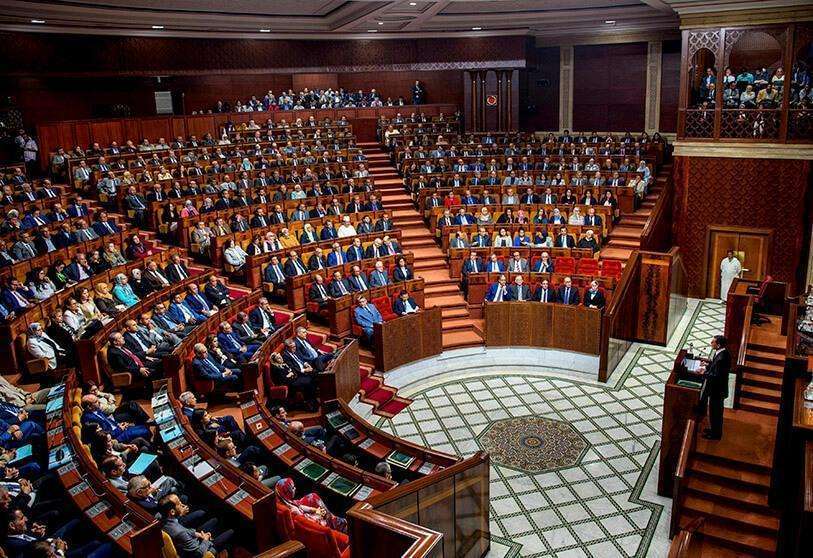Marruecos: segundo batacazo electoral consecutivo para los islamistas del PJD

Morocco's Justice and Development Party (PJD) suffered a new setback at the polls on Thursday, the second in a row after the general elections of September 2021. A year after losing the government, the Islamist party has been unable to revalidate its seats in the four constituencies where the vote had to be repeated by order of the Constitutional Court (TC). The judicial body found that a number of irregularities had been committed and ordered the process to be redone at the legislative level.
Moroccan citizens in the jurisdictions of Aïn Chock, Guercif, Safi and Driuch were called back to the polls following a series of rulings issued last July by the court, reversing the appointments of at least a dozen deputies to the House of Representatives. At stake this time were seven seats in the 395-member House of Representatives. Two for the Casablanca district of Aïn Chock, two for Guercif and Driuch, and one for Safi.
The PJD did not win any seats. On the other hand, the candidates of the liberal Popular Movement, the centre-right Authenticity and Modernity Party (PAM) and the social democratic Socialist Union of Popular Forces (USFP) swept Aïn Chock, Guercif, Safi and Driuch, respectively. In some constituencies, the Islamists did not even present a candidate, and in others they registered the worst percentages of the vote. The other big loser of the day was the nationalist Istiqlal, which lost two seats.

The PJD, which has dominated the Moroccan political scene for the past decade, once again came away empty-handed from a new electoral process after the hecatomb of September 2021, when it lost 112 seats in the lower house. It went from 125 seats to just 13. That result led to the resignation of the then prime minister, Saad-Eddine El Othmani, and the return to the general secretariat of the charismatic Abdelilah Benkirane, the first Islamist head of government in the history of the Maghreb country.
It is true that the modification of the electoral law, approved in parliament months before the elections, favoured the atomisation of the House and was particularly detrimental to the Islamist party, which was expected to lose a large number of seats. But no one predicted the magnitude of the electoral setback that shook the foundations of the PJD. The internal division, coupled with the acceptance of decisions that were controversial for the grassroots, such as the legalisation of cannabis or the normalisation of relations with Israel, ended up tearing the party apart.

The flight of cadres from the eponymous platform twinned with Recep Tayyip Erdoğan's Turkish AKP brought forward the return in September 2021 of the populist Benkirane. The former president of the executive between 2011 and 2017, ousted from the government after a long political deadlock and succeeded by the moderate El Othmani, had been fully involved in recent weeks in an attempt to revive the party. He supported its candidates in the various constituencies and amplified his dissatisfaction with Prime Minister Aziz Akhannouch's cabinet.
The PJD's free fall is mainly due to "the loss of confidence of large sectors of the population" who blamed the party for the problems affecting Moroccan citizens, writes Mohammed Masbah, director of the Moroccan Institute of Political Analysis and associate professor at Mohammed V University, in Chatham House. The mismanagement of the leadership and conflicts within the party" have been, among other factors, the cause of the current situation, he adds.
The Constitutional Court, heir to the dissolved Constitutional Council following the 2011 reform of the Magna Carta, has issued a series of rulings in recent months that contradict the electoral results drawn after the vote count. The judiciary has detected numerous irregularities in a dozen constituencies throughout the country. The rulings reveal surprising cases, such as the existence of candidates affiliated to two parties, and more common ones, such as violations of health restrictions or the illegal distribution of electoral propaganda.








